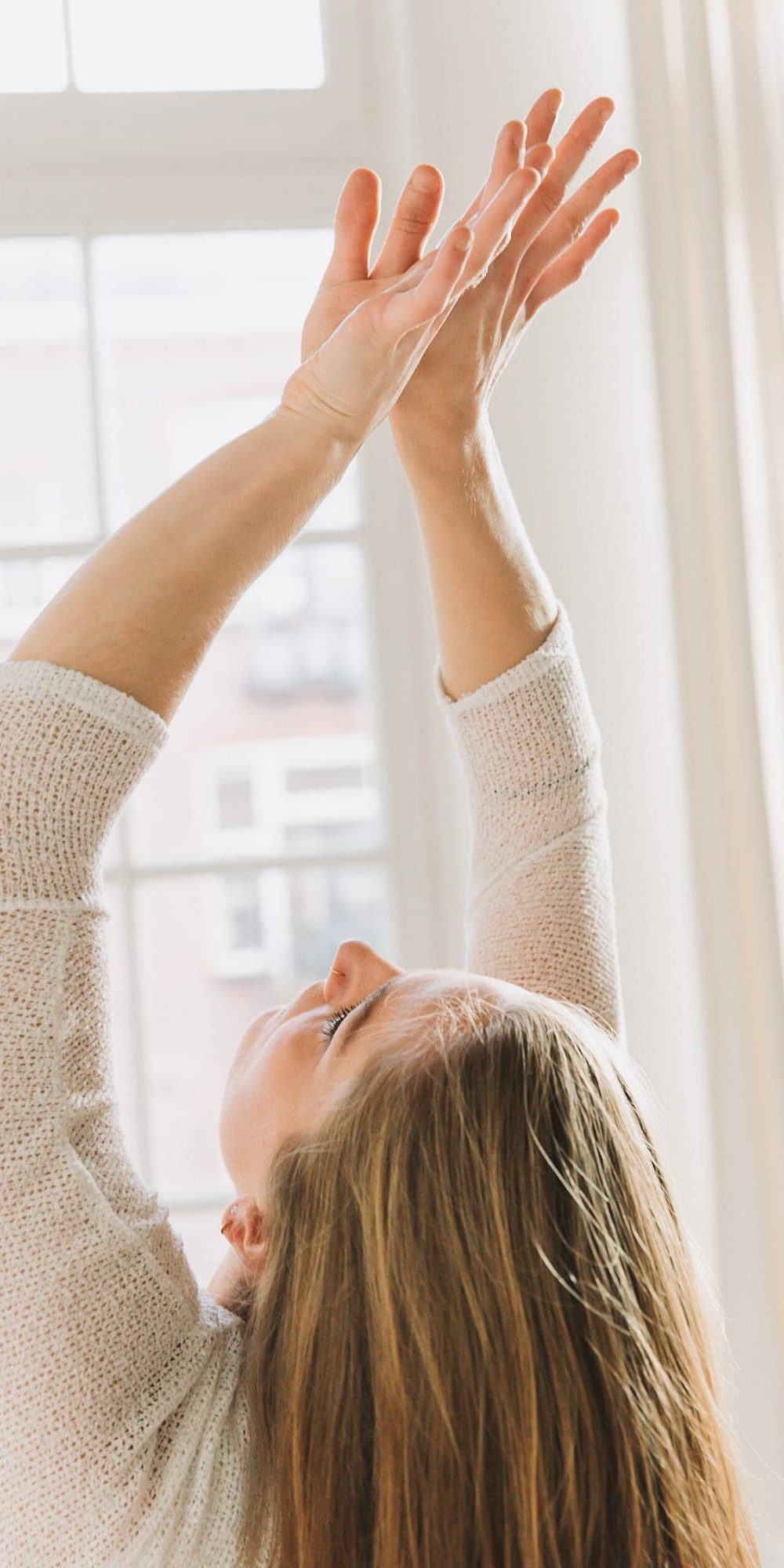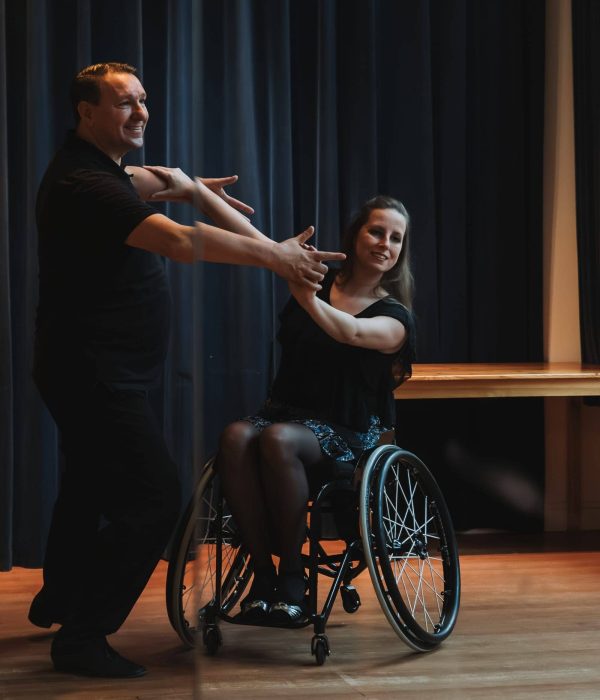Industry Organizations and Professional Associations
An industry organization represents companies within the dance sector. Its goal is to advocate for these businesses and support them with advice, information, and collective benefits.
Read more
Dansondernemers Nederland: Supports dance schools and self-employed professionals in the dance sector in business matters. They strive for a stronger, more professional sector by offering practical assistance, a network, and advocacy, helping dance entrepreneurs to work successfully and sustainably.
NAPK (Dutch Association for Performing Arts): supports dance companies and other performing arts organizations in ensuring social safety. They offer practical tools, such as the Veilig de vloer op (Safe on Stage) policy framework, which helps organizations create policies against inappropriate behavior. This allows organizations to create a safe and respectful working environment where everyone can perform at their best.
Dansbelang: advocates for the interests of dancers, dance teachers, and dance entrepreneurs. They work toward a stronger dance sector through advocacy, networking, and knowledge sharing. They also provide support and advice on issues related to professionalization and social safety in the dance world.
Cultuurconnectie: Supports cultural education organizations with advice, training, and advocacy. They help with issues such as social safety, labor conditions, and professionalization. With practical guidelines and a strong network, they work toward a healthy and safe cultural sector.
Dance Sport Organizations
Dance sport organizations support dance schools by organizing competitions and providing guidelines for quality and professionalism in dance sport. They assist with education, promotion, and ensuring a safe and healthy dance environment so that dancers and instructors can perform to their best abilities.
Read more
- NADB (Dutch General Dance Sport Association): organizes and develops dance sport broadly in the Netherlands, within the umbrella of NOC*NSF (Dutch Olympic Committee * Dutch Sports Federation). For more information on NADB, click here or contact the Trust Contact Person click here or contact the Trust Contact Person.
- NDO (Dutch Dance Sport Organization): A national organization dedicated to the responsible practice and promotion of guard and show dance sport. Visit the website for more information or contact theTrusted Contact Person.
- KNVD (Royal Dutch Association of Dance Teachers): A trade association representing dance teachers, providing support in quality improvement, education, and advocacy within the dance sector. For information about social issues within the KNVD, click here.
- NBL (Nederlandse Breaking League): An organization that organizes breakdancing competitions and events and is committed to structuring the Dutch Breaking scene, cultivating and spreading insight into related matters, and teaching the values of hip-hop culture to younger generations.
- DDS (Dutch Dance Sports): An organization promoting dance sport in the Netherlands by organizing competitions, training, and events, ensuring the quality and accessibility of dance sport. For information about social safety within DDS, click here or contact the Trust Contact Person.
- Dutch Gymnastics- KNGU: An umbrella sports federation for gymnastics, tumbling, trampoline, freerunning, and other gym sports in the Netherlands, focusing on increasing participation, development, and quality in the gymnastics sector. For information on creating a safe sports environment within KNGU click here or contact the Trusted Trusted Contact Person.
Prevention - Knowledge and Guidelines
Social safety is essential for a positive and respectful dance environment. Organizations like Dans Veilig, NAPK, and Cultuur Connectie assist with useful tools such as action plans and guidelines. This allows dance sector organizations to actively address this crucial issue.
Read more
- Dansscholen: Dans Veilig will soon release a guide for dance schools. This guide provides practical steps for dance schools to ensure social safety, covering staff, facilities, members, and communication.
- NAPK: Has released the Veilig de vloer op (Safe the Floor) policy framework to support social safety policies. The document helps create a safe workplace where artists can push their boundaries without the risk of abuse of power.
- Cultuurconnectie: As a trade association, it supports its members with tools and guidelines on social safety.
- LKCA (National Knowledge Institute for Cultural Education and Amateur Art): A national knowledge platform for professionals, managers, and policymakers in cultural education and participation. Direct link: Knowledge Dossier Social Safety
- Arbopodium: Offers guidelines for reducing psycho-social workload in the performing arts, focusing on work pressure and inappropriate behavior.
- Mores: Helps organizations in the dance sector promote a safe and respectful work environment. They offer guidance and advice on social safety, including policy implementation, staff training, and establishing trust contacts. Mores supports organizations in preventing inappropriate behavior and maintaining a healthy culture.
- CVSN (Center for Safe Sport Netherlands): Provides tailor-made programs for clubs and municipalities to recognize inappropriate behavior and promote prevention. They offer sessions on social safety and trust work, both in-person and online, with experts and in collaboration with the Academy for Sports Leadership.
- NOC*NSF: Supports affiliated sports organizations in maintaining a safe sports environment by offering guidelines such as codes of conduct, trust contacts, and the Free VOG (Certificate of Good Conduct) regulation.
Confidential Advisor
Organizations are advised to appoint a confidential advisor who can support employees and dancers with reports of inappropriate behavior. This can be an internal advisor, or for smaller organizations, an external advisor.
Read more
- Dans Veilig will soon provide a list of external confidential advisors. This list will include individuals who are knowledgeable about the dance sector. Organizations can contact these advisors and make their own arrangements regarding their involvement.
- LVV (National Association of Confidential Advisors): A professional association for certified confidential advisors specializing in inappropriate behavior and integrity violations.
- Mores: Provides organizations and reporters with a safety net of confidential advisors. If your organization does not yet have an internal advisor or you wish to seek external help, you can contact Mores for support.
Legislation and Obligations
As an employer in the dance sector, you are subject to legislation and obligations regarding social safety. You are responsible for creating a safe working environment and preventing inappropriate behavior, both for employees and dancers.
Read more
- Employer Duty of Care: Employers are obligated to create a safe and healthy work environment for their employees, including taking appropriate measures to minimize risks and safeguard the well-being of their staff.
- The Occupational Health and Safety Act (Arbowet): requires dance entrepreneurs to provide a safe working environment for both employees and freelancers (zzp’ers). This includes addressing risks such as injuries and inappropriate behavior through a Risk Inventory and Evaluation (RI&E). Freelancers are also partially covered when working in a shared environment. More information can be found in the Arboportaal.
- Een RI&E (Risk Inventory and Evaluation): A legal requirement for all employers, including dance schools. This process helps identify risks, such as unsafe conditions or inappropriate behavior, and works toward solutions. It helps prevent accidents and issues, builds trust with members and staff, and shows compliance with the law by ensuring everything is properly organized.

Advice and Support Points
Organizations in the dance sector may encounter reports of inappropriate behavior or allegations against employees. Click on the infographic below to find where you can go for advice and support.
Knowledge Database
In the Knowledge Database, you will find relevant tools, training, and resources to help ensure social safety within your organization. Here, you can find guidelines and protocols, as well as information on working conditions, well-being, speaking up, consent and intimacy, diversity and inclusion, and more.
